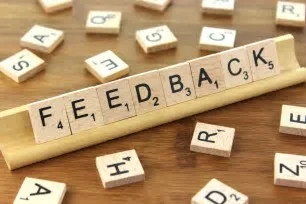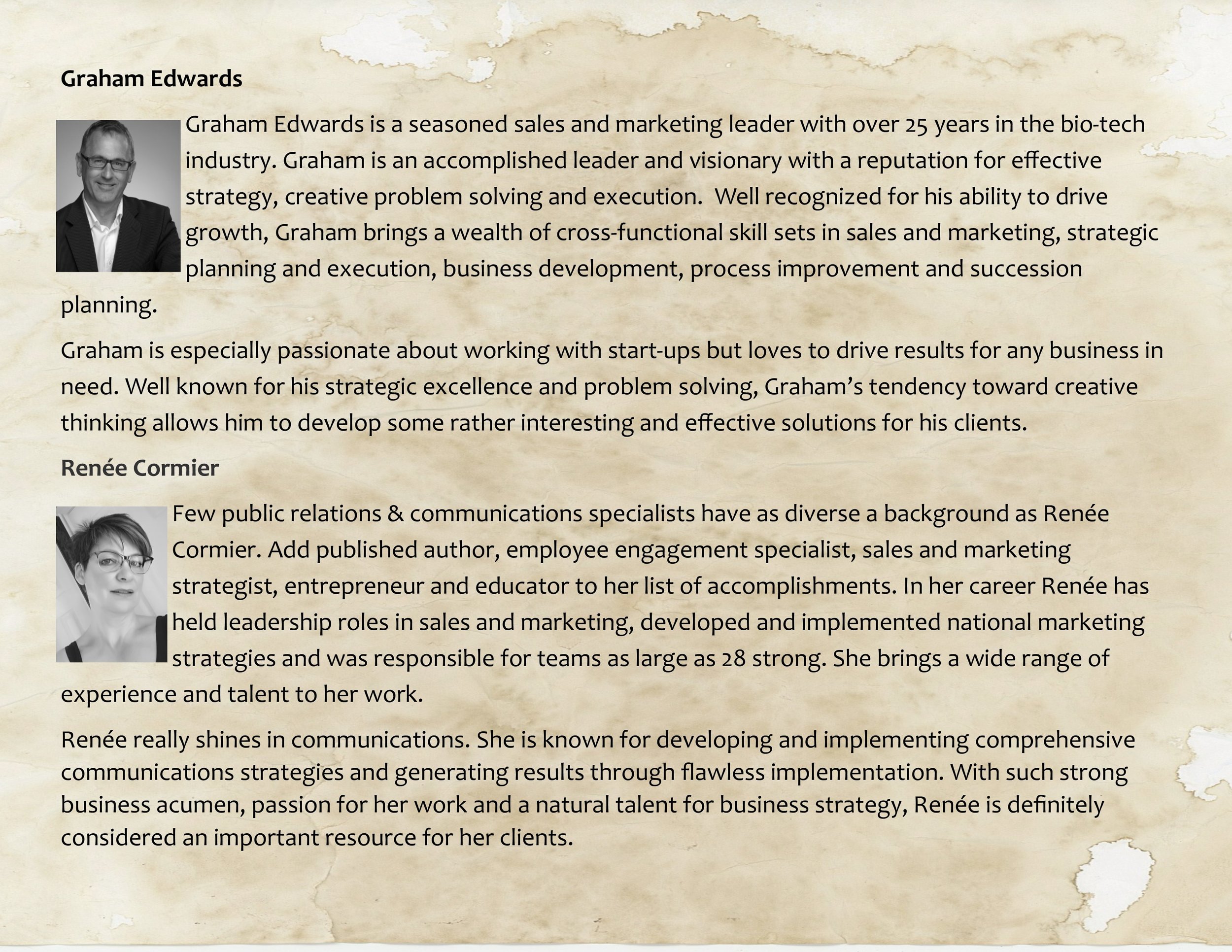Moments — what made today great(?)
I am still not sure if "what made today great" should be followed by a question mark.
Why do I even bring this up?
Well... mostly it's because I am part of a book club where the membership is younger than me, most definitely smarter, and I've taken on the role of "token old guy"* — now I find myself half way through the book The Beauty of Discomfort by Amanda Lang.
As you may have gleaned from the title, this book offers a perspective on how discomfort can be a benefit for personal and professional growth. One of the points that has come out of the book thus far is that people are happier when they are grateful — it is pointed out that by actively recognizing what made your day great, you will better understand why you should be grateful (and from there be happier).
And this is where the "questionable" question mark comes into play. The author suggests you should ask —
What made today great?
It is a fine question to be sure; it is a nice reflection and does force you to search for even the smallest event to be grateful for.
I will have to say though, it just doesn't seem right. It just comes across as more consideration than action — something to ponder passively instead of identifying your actions for the day "straight up" (which hopefully align with the grand goals of your life). I believe the issue I'm dealing with is that it should be a statement and not a question.
What made today great was...
This is more deliberate, more conscious, and reflects mindfulness by design — there is a greater sense of action and movement. By no means do I believe using a statement compromises the concept of being grateful and the benefits that come from it. I actually think it makes everything much more concrete — a tangibly that offers up the day by day progress of moving forward. I'd like to offer up an example to celebrate the season if I may:
"What made the weekend great was..."
- I worked out, and flipped a truck tire 300 times
- I helped decorate the family Christmas tree with my father and daughter
- I kissed a beautiful woman in the snow
- I had dinner with my oldest friends to celebrate the season and our friendship
- I watched the latest Star Wars movie with my daughter
I am very grateful, and I am very happy.
Why wouldn't I be — it was a great weekend (full stop).
iamgpe
* Every club or team needs a token old guy — we are sage, opinionated, and if you ask nicely we'll probably buy drinks.




